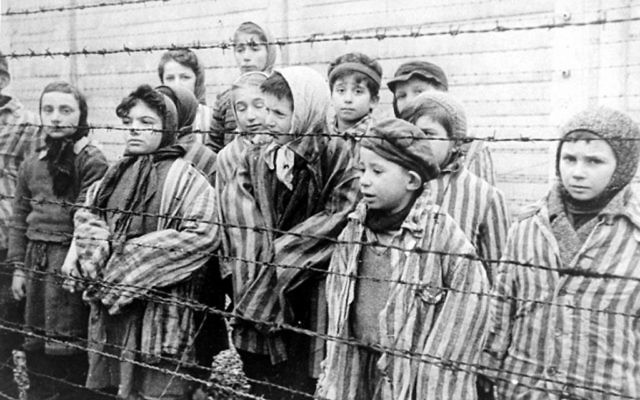Human bones found near former Nazi research site
The remains were found by the site of a former lab in which scientists performed research on death camp victims' body parts
A large number of human bones have been unearthed in an upmarket part of Berlin close to where Nazi scientists performed research on death camp victims’ body parts.
The body parts were sent to the scientists by the notorious SS doctor Josef Mengele.
Experts have been examining the site in Dahlem since a small number of bones were found there in 2014 during works on a property belonging to Berlin’s Free University. Those bones were never identified.
They have found numerous fractured skulls, teeth, vertebrae and other bones, it was announced on Thursday.
The Nazi-era Kaiser Wilhelm Institute for Human Heredity and Eugenics was also known to have a collection of bones from German colonies, among others.
Experts are now trying to trace the origin of the bones found recently.
Several of the vertebrae found had traces of glue on them, indicating they may have been parts of skeletons on display.
The site is about 100 metres from what was the Kaiser Wilhelm eugenics institute in the Nazi era.
The world-famous Kaiser Wilhelm Society predated the Nazi era and once counted famous scientists like Albert Einstein among its directors.
But during the Nazi dictatorship, the institute was closely linked to pseudo-scientific race research, and Auschwitz physician Dr Mengele and others are known to have sent many body parts there for study.
Experts now plan to use osteological identification methods to try to learn more about the newly discovered bones.
They should at least be able to determine the general age of the person, their sex and how many different people’s bones were found, said Susan Pollock, a professor of archaeology at the university and one of the team leaders.
Results are not expected before the end of the year.
A working group of the university, the city, and the Max Planck Society, which the Kaiser Wilhelm Society was renamed after the war, has kept in close contact with Germany’s Central Council of Jews and Central Council of Sinti and Roma on the archaeological work.
Earlier this year, the Max Planck Society ordered a complete review of its specimens collection.
It had discovered human brain sections in its archive that were from victims of Nazi Germany’s so-called euthanasia program in which psychiatric patients and people with mental deficiencies were killed.
“The Max Planck Society has accepted a difficult legacy of its predecessor organisation, the Kaiser Wilhelm Society,” said society president Martin Stratmann of his organisation’s participation in the archaeological probe.
“We are well aware of the special responsibility that it entails.”

Thank you for helping to make Jewish News the leading source of news and opinion for the UK Jewish community. Today we're asking for your invaluable help to continue putting our community first in everything we do.
For as little as £5 a month you can help sustain the vital work we do in celebrating and standing up for Jewish life in Britain.
Jewish News holds our community together and keeps us connected. Like a synagogue, it’s where people turn to feel part of something bigger. It also proudly shows the rest of Britain the vibrancy and rich culture of modern Jewish life.
You can make a quick and easy one-off or monthly contribution of £5, £10, £20 or any other sum you’re comfortable with.
100% of your donation will help us continue celebrating our community, in all its dynamic diversity...
Engaging
Being a community platform means so much more than producing a newspaper and website. One of our proudest roles is media partnering with our invaluable charities to amplify the outstanding work they do to help us all.
Celebrating
There’s no shortage of oys in the world but Jewish News takes every opportunity to celebrate the joys too, through projects like Night of Heroes, 40 Under 40 and other compelling countdowns that make the community kvell with pride.
Pioneering
In the first collaboration between media outlets from different faiths, Jewish News worked with British Muslim TV and Church Times to produce a list of young activists leading the way on interfaith understanding.
Campaigning
Royal Mail issued a stamp honouring Holocaust hero Sir Nicholas Winton after a Jewish News campaign attracted more than 100,000 backers. Jewish Newsalso produces special editions of the paper highlighting pressing issues including mental health and Holocaust remembrance.
Easy access
In an age when news is readily accessible, Jewish News provides high-quality content free online and offline, removing any financial barriers to connecting people.
Voice of our community to wider society
The Jewish News team regularly appears on TV, radio and on the pages of the national press to comment on stories about the Jewish community. Easy access to the paper on the streets of London also means Jewish News provides an invaluable window into the community for the country at large.
We hope you agree all this is worth preserving.






















